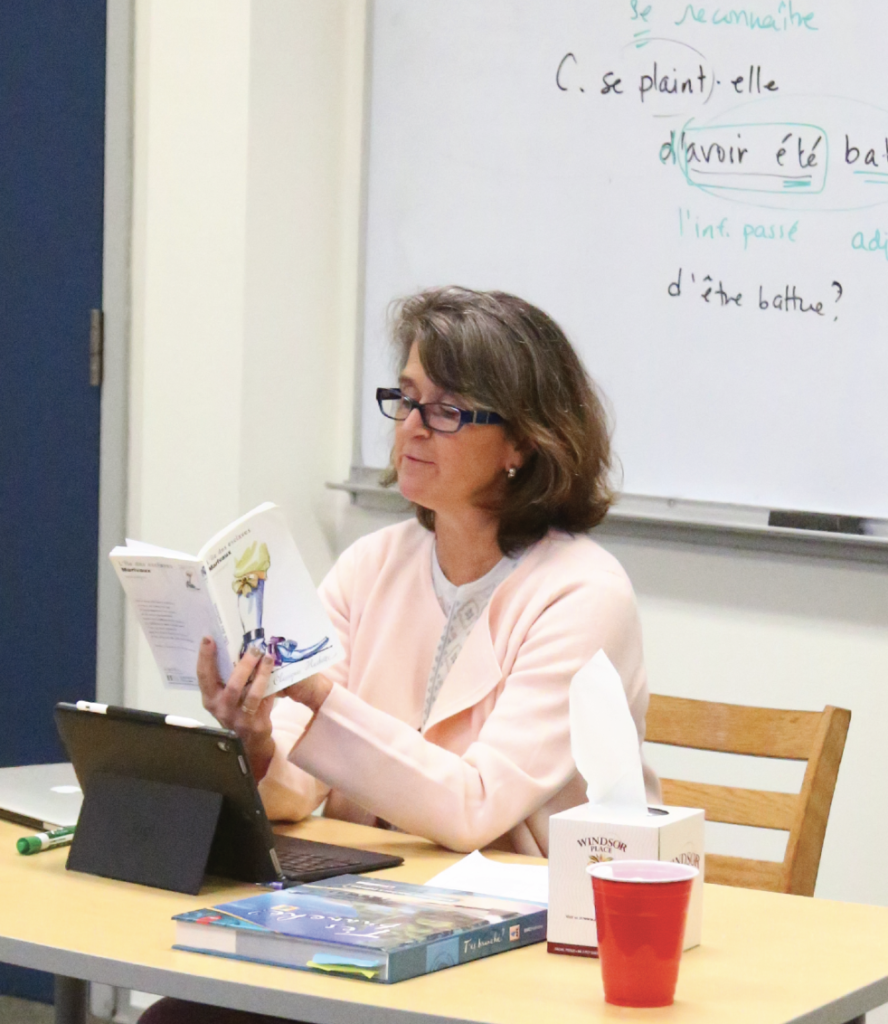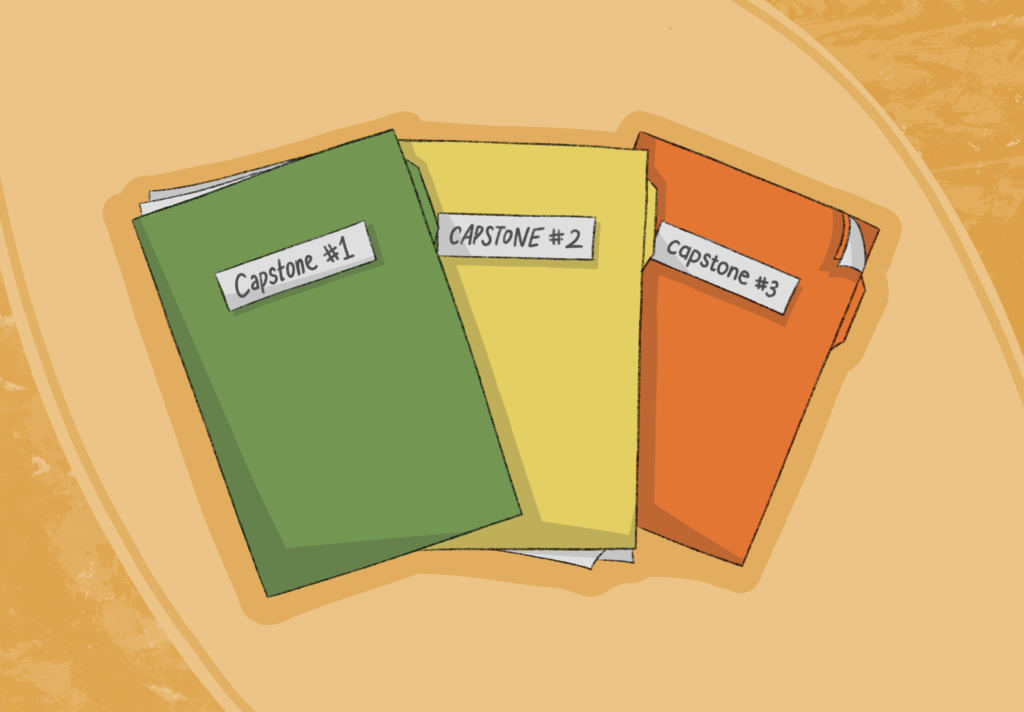
Ms. Anne Armour is a teacher, but not a native speaker, of French.
While many of Choate’s language teachers are native speakers of the language they teach, a number of them were once students of the language themselves. Though these faculty members may not have been speaking the language their entire lives, non-native language teachers bring a unique viewpoint to their pedagogy which benefits the education of their students.
A key asset of non-native language teachers is their developed ability to understand what the language learning process is like. “As somebody who has learned this language from scratch, I have a natural ability to empathize with the experience of a student learning this language,” said Ms. Amanda Arcand ’94, a Spanish teacher who first learned the language in a Steele Hall classroom and continued her study through college and graduate school.
A non-native teacher is able to “anticipate what will be the challenges for a student,” said Ms. Arcand. She can bring in “different ways that I know I can explain something, because it was [once] explained to me.”
Non-native teachers have a distinct approach to teaching grammar, too. Native speakers often learn their language adhering to syntax more loosely, like many Americans do when first learning English; on the other hand, those learning in a classroom setting study grammar rules intensely. Ms. Anne Armour, a French teacher who has a particular interest in grammar, said, “When you’re a French speaker and you’re teaching French to people who don’t know it, you’re going to have to talk about grammar at some point, but that’s my first entry being non-native as opposed to the way a native speaker might do it.”
Despite these benefits, native speakers still have a more complete knowledge of the language, especially its conversational side. When talking with native-speaking colleagues in the past, Ms. Armour was exposed to “certain idiomatic expressions that they use that I have learned by speaking with them.” For example, she’s observed the nuance that goes into choosing between the formal vous and the informal tu when referring to another as “you” — something that’s impossible to pick up from a textbook alone.
From interacting with native-speaking faculty members, she can “keep those things fresh because they’re not the first things you would learn as a non-native speaker.” Native speakers, having grown up in a cultural setting of their language, are naturally familiar with idioms, while a non-native would have to learn these conversational terms deliberately.
Of course, Choate offers one language where no teacher can be a native speaker: Latin. In every Latin classroom, teachers are able to fully understand their students’ experience of being non-native learners. However, according to Latin teacher Ms. Diana Beste, it can be difficult to “deliver Latin fluently to students like a native speaker would.” Conversing in Latin, a dead language, can be a challenge in the modern day — how does one say “take out your iPads” in Latin? Also, it becomes more difficult to tie the language to cultural themes: the Roman empire is full of rich history that can be studied, but contemporary connections are more scarce than in the modern languages.
Still, while Latin classes are mostly taught in English, Ms. Beste added that she and her colleagues “have been training over the last five to ten years so that [they] can use Latin as a spoken language in the classroom.” In attempting to drive Latin instruction towards that of living languages, Ms. Beste has found teachers of other languages to be very helpful as she can learn from their methods.
Choate’s non-native language teachers bring a varied teaching style to their department. While non-native teachers can better empathize with the learning process and convey their knowledge of grammar, native speakers have a more holistic understanding of the conversational usage of a language and the cultural connections that can be studied. Both types of teachers complement each other with their respective strengths, creating Choate’s cohesive and accomplished language department.




